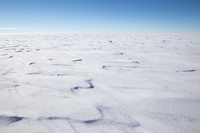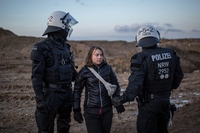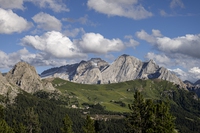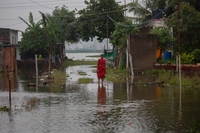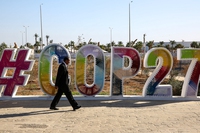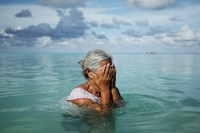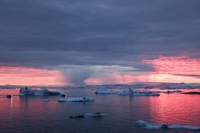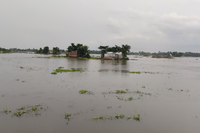
New report warns that we must reduce pollution to fight superbugs
The “Bracing for Superbugs” report warns us that climate change and pollution are contributing to the rise of bacteria that are resistant to antibiotics.
The “Bracing for Superbugs” report warns us that climate change and pollution are contributing to the rise of bacteria that are resistant to antibiotics.
Two new studies have revealed that the retreat of the Thwaites Glacier is happening in a different, more complex way than previously understood.
First the protests in the mud at Lützerath, then a more traditional appearance at Davos. In January, Greta Thunberg brought focus to where it matters most.
A study published by Science tells us that even if the most ambitious climate targets are met, half of Earth’s glaciers will not survive.
We explore how the loss and damage mechanism, agreed upon at COP27 to repay the countries worst affected by climate change, might work.
Fossil fuel lobbyists account for more delegates at COP27 than those from any country in the world, aside from the United Arab Emirates.
The small Pacific island of Tuvalu is highly vulnerable to rising sea levels. At COP27, it demanded strict targets for the transition from fossil fuels.
COP27 started in the wake of a remarkable revelation: Arctic summer sea ice will melt completely for the first time and at least once before 2050.
Severe flooding in India’s Assam state has claimed around 200 lives and wreaked havoc on the lives and livelihoods of around one million people.
Ugandan activist Patience Nabukalu was in Turin for the Fridays for Future European meeting: “The Global North should listen to us because it depends on us”.
